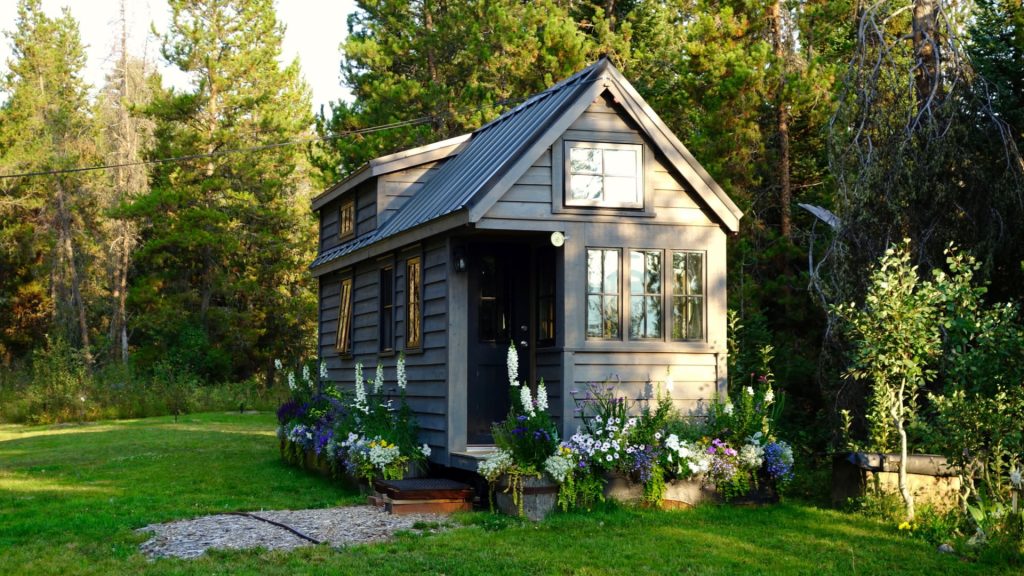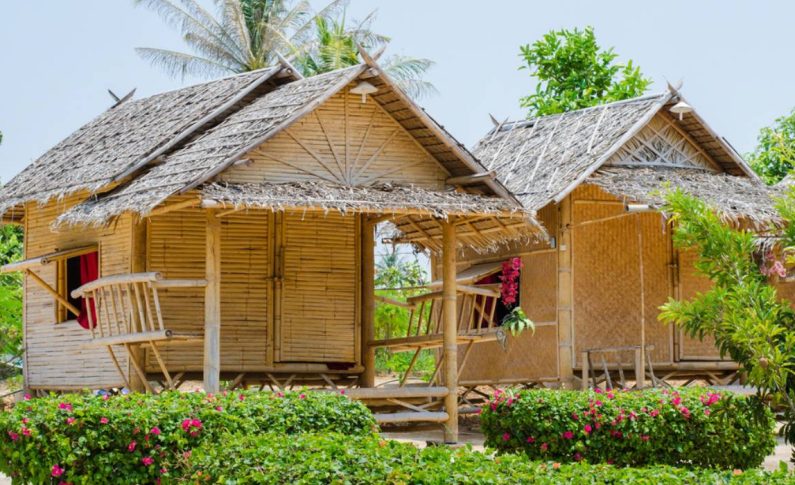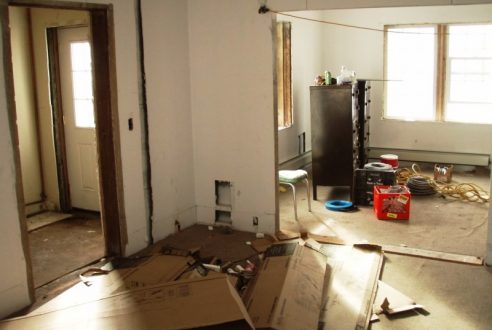When it comes to real estate investments, most people think of buying residential properties, commercial buildings, or rental homes. However, there’s a growing trend in investing in non-traditional living spaces that offer unique opportunities and potentially high returns. In this blog post, we’ll explore various non-traditional living spaces that savvy investors are considering and why you should too.
Tiny Houses
Tiny houses have gained immense popularity in recent years as a sustainable, minimalist living solution. These small, efficient dwellings offer several investment benefits:
-
Affordability: Tiny houses are often more affordable to purchase and maintain than traditional homes.
-
High Demand: Many people are drawn to the idea of downsizing and simplifying their lives, making tiny houses a sought-after rental option.
-
Airbnb Potential: Tiny houses make for attractive Airbnb or vacation rental properties, especially in scenic locations.
-
Low Maintenance: With fewer square feet to clean and maintain, tiny houses require less effort and expense.
Houseboats
Houseboats are floating homes that offer a unique living experience on the water. Investing in a houseboat can be a lucrative venture for several reasons:
-
Vacation Rentals: Houseboats are popular vacation rentals, particularly in coastal or lakefront areas.
-
High Appreciation: Waterfront property tends to appreciate well, making houseboats a potentially profitable long-term investment.
-
Tax Advantages: In some regions, houseboats offer tax benefits and deductions similar to traditional real estate.
-
Scenic Views: Houseboat living provides beautiful waterfront views and the tranquility of the open water.
Container Homes
Container homes are constructed using shipping containers, and they offer an environmentally friendly and cost-effective living space. Here’s why they’re a unique investment opportunity:
-
Eco-Friendly Appeal: Container homes are often considered eco-friendly as they repurpose shipping containers and reduce construction waste.
-
Low Building Costs: Constructing a container home can be significantly cheaper than building a traditional home.
-
Versatility: Container homes can be used for various purposes, from residential living to commercial spaces or even as pop-up shops.
-
Compact Living: Container homes are an excellent option for minimalists and those seeking an affordable, smaller living space.

Underground Homes
Underground homes, often referred to as earth-sheltered or subterranean homes, offer an alternative to traditional above-ground living. Here’s why you might consider investing in one:
-
Energy Efficiency: Underground homes are naturally insulated, making them highly energy-efficient and cost-effective.
-
Low Maintenance: Reduced exposure to the elements means lower maintenance costs and a longer lifespan.
-
Minimal Visual Impact: These homes blend seamlessly into the environment, minimizing the visual impact on the landscape.
-
Security and Privacy: The hidden nature of underground homes can provide added security and privacy.
Treehouses
Treehouses aren’t just for childhood fantasies; they’re becoming popular living spaces for adults too. Investing in a treehouse can be an exciting and profitable venture:
-
Unique Experience: Treehouses offer a unique living experience in a natural and serene setting.
-
High Demand: Many travelers seek the novelty of staying in a treehouse, making them popular vacation rentals.
-
Sustainability: Constructing treehouses often involves minimal environmental impact and promotes a connection with nature.
-
Customization: Treehouses can be customized to suit various themes and architectural designs.
Yurts
Yurts are traditional circular dwellings with a collapsible wooden framework and canvas or felt coverings. They are now popular not just for camping but also as non-traditional homes and investments. Here’s why they’re worth considering:
-
Minimalist Living: Yurts are an embodiment of minimalism, appealing to those seeking a simpler lifestyle.
-
Eco-Friendly: The materials used in yurts, such as natural wood and canvas, are eco-friendly.
-
Low Construction Costs: Yurts are often less expensive to construct compared to conventional homes.
-
Rental Potential: Yurts can be attractive rental properties, particularly in scenic or remote areas.
Non-traditional living spaces offer exciting investment opportunities for those looking to diversify their real estate portfolios or create unique income streams. While these properties may require a more creative approach, they come with the potential for high returns, sustainability, and a chance to be a part of innovative living solutions. As the real estate market continues to evolve, exploring non-traditional living spaces is a forward-thinking way to embrace the future of property investment.



